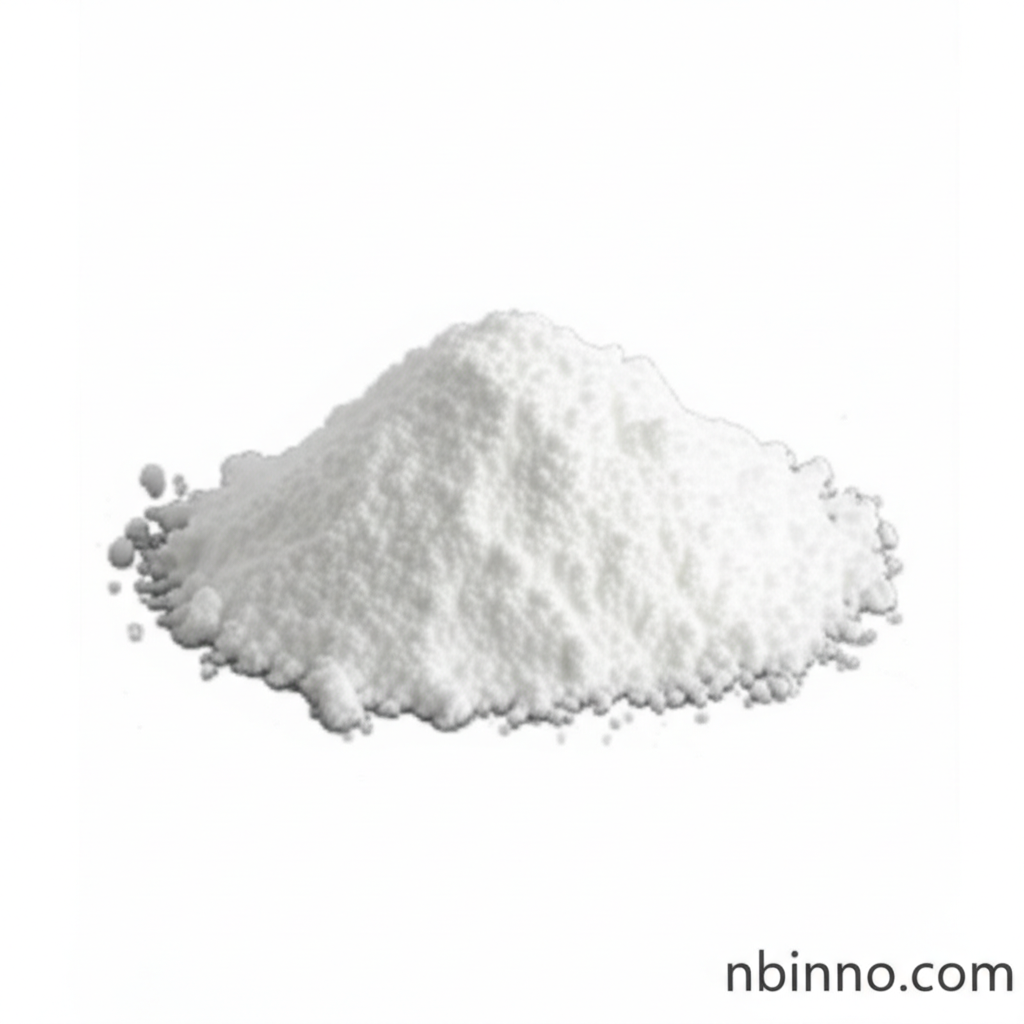7-Dehydrocholesterol Acetate: A Vital Pharmaceutical Intermediate
Discover the pivotal role of 7-Dehydrocholesterol Acetate in Vitamin D synthesis and the creation of essential steroidal drugs.
Get a Quote & SampleProduct Core Value

7-Dehydrocholesterol Acetate
This compound is a crucial pharmaceutical intermediate, serving as a direct precursor for Vitamin D3 synthesis. Its applications extend to biochemical research, particularly in understanding cholesterol metabolism and its role in diseases like SLOS. It is also a key building block in the industrial synthesis of various steroidal drugs, offering enhanced stability and solubility for complex formulations.
- Understand the intricacies of cholesterol metabolism studies with this vital intermediate.
- Explore the foundational role of 7-Dehydrocholesterol Acetate as a vitamin D precursor.
- Leverage its utility in steroidal drug production, aiding in the development of new therapeutics.
- Investigate its involvement in ferroptosis studies, contributing to neuroprotective strategies.
Key Advantages
Enhanced Stability
The acetyl group in 7-Dehydrocholesterol Acetate improves its stability in lipid carriers, making it easier to handle and formulate for various applications in pharmaceutical research.
Versatile Intermediate
As a key intermediate in both vitamin D and steroidal drug synthesis, it offers broad utility for researchers and manufacturers in the pharmaceutical industry, supporting diverse 7-dehydrocholesterol acetate synthesis pathways.
Research Utility
Essential for studying complex biological processes like cholesterol metabolism and oxysterol research, contributing to advancements in understanding metabolic disorders and cell viability.
Key Applications
Vitamin D Synthesis
This compound is a direct precursor to Vitamin D3, vital for bone health and immune function, making it indispensable for dietary supplements and fortification.
Steroidal Drug Production
Its structure makes it a key building block for synthesizing various steroidal drugs, including anti-inflammatory and hormonal medications.
Biochemical Research
Crucial for understanding cholesterol metabolism and the impact of oxysterols on cell viability, offering insights into neurodegenerative conditions and cell stress responses.
Ferroptosis Studies
Research indicates its role in suppressing ferroptosis, a form of regulated cell death, suggesting potential for neuroprotective strategies.
